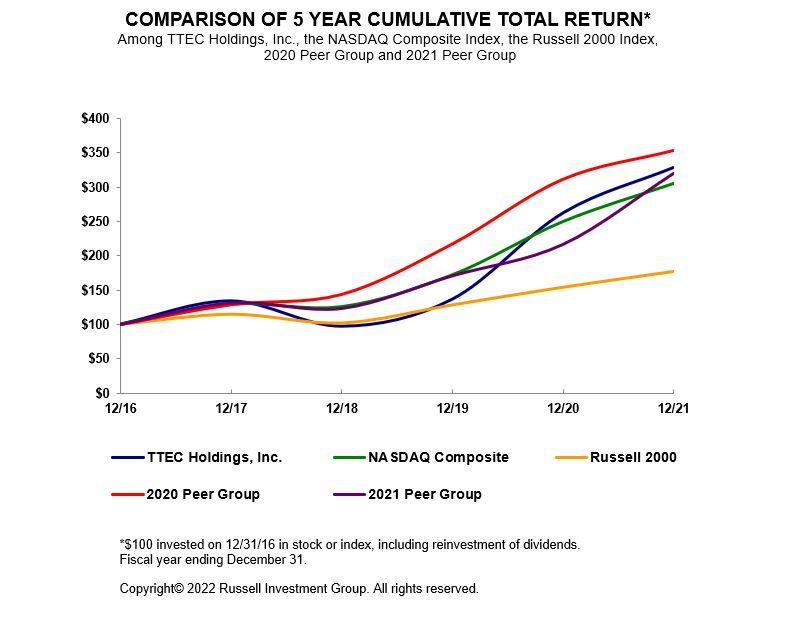Our delivery model involves geographic concentration outside of the United States exposing us to significant operational risks
Our customer engagement delivery and our back-office functions are concentrated in the Philippines, Mexico, India, and Bulgaria. Our business model is dependent on our ability to locate at least some of our customer engagement service delivery and enterprise support functions in low-cost jurisdictions around the globe. Our dependence on our customer engagement centers and enterprise support functions in the Philippines and Mexico, which are subject to frequent severe weather, natural disasters, health and security threats, and arbitrary government actions represents a particular risk. Natural disasters (floods, winds, and earthquakes), terrorist attacks, pandemics, large-scale utilities outages, telecommunication and transportation disruptions, labor or political unrest, and restriction on repatriation of funds at some of these locations may interrupt or limit our ability to operate or may increase our costs. Our business continuity and disaster recovery plans, while extensive, may not be effective, particularly if catastrophic events occur.
For these and other reasons, our geographic concentration in locations outside of the United States could result in a material adverse effect on our business, financial condition and results of operations. Although we procure business interruption insurance to cover some of these exposures, adequate insurance may not be available on an ongoing basis for a reasonable price.
We may face new risks as we expand our operations into countries where we have no prior experience
At times, our clients ask us to establish new operations quickly in countries where we previously have not done business. New market entry is fraught with operational, security, regulatory compliance, safety, and corruption risks, and these risks are exacerbated when new operations are launched quickly. TTEC has extensive experience in new market entry around the globe, but there can no assurances that new operations in new countries would not result in financial loses and operational instability. If we elect not to follow our clients to markets where they wish to have services, we may lose lucrative contracts, including contracts in multiple jurisdictions where we have experience, to competitors who are already established in the markets new to us, which would impact our financial results of operations.
Our financial results may be adversely impacted by foreign currency exchange rate risk
Many contracts that we service from customer engagement centers or employees working from home based outside of the United States are typically priced, invoiced, and paid in U.S. and Australian dollars, the British pound or Euros, while the costs incurred to deliver these services are incurred in the functional currencies of the country of operations. The fluctuations between the currencies of the contract and operating currencies present foreign currency exchange risks. Furthermore, because our financial statements are denominated in U.S. dollars, but approximately 14% of our revenue is derived from contracts denominated in other currencies, our results of operations could be adversely affected if the U.S. dollar strengthens significantly against foreign currencies.
While we hedge at various levels against the effect of exchange rate fluctuations, we can provide no assurance that we will be able to continue to successfully manage this foreign currency exchange risk and avoid adverse impacts on our business, financial condition, and results of operations.
RISKS RELATED TO LEGAL, COMPLIANCE, REGULATORY MATTERS AND CONTRACTING PRACTICES
Our results of operations may be impacted by changes in laws, our failure to comply with laws and regulations relevant to our business
Our business is subject to extensive, and at times conflicting, regulations by the United States, state, local, foreign national, and provincial authorities relating to confidential client and customer data, data privacy, customer communications, telemarketing practices, licensed healthcare, financial services, collections, and gaming/gambling support activities, trade restrictions and sanctions, tariffs, import/export controls, taxation, labor regulations, wages and severance, health care requirements, disclosure obligations, and immigration among other areas.
